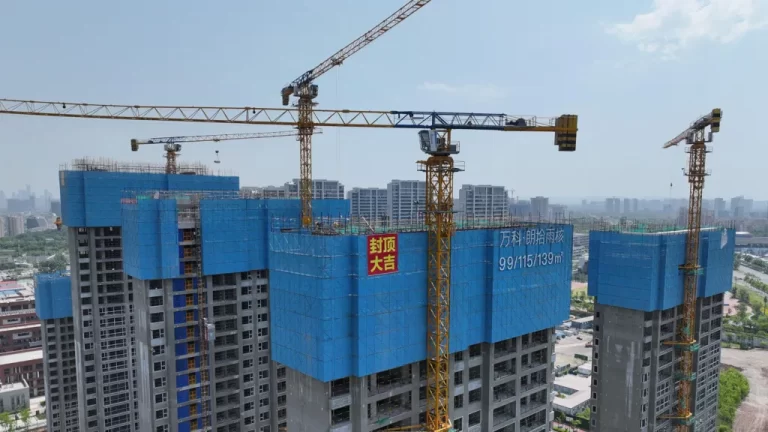Chinese authorities have unveiled their most significant steps yet to address the crisis that has been dragging on the country's property sector in recent years. The new measures include cutting the amount home buyers need for a deposit and encouraging local authorities to purchase unsold properties.
Problems in China's property market are having a major impact on the world's second largest economy as the industry had been a key driver of growth until recently.
The People's Bank of China (PBOC) said it would set up a 300bn yuan ($41.5bn; £32.8bn) facility to support affordable housing. The money would be aimed to support local state-owned enterprises to buy unsold homes, said Tao Ling, a deputy governor at the central bank at a news briefing.
Earlier, Vice Premier He Lifeng told officials that local governments can buy properties at “reasonable prices” and sell them as affordable housing, according to state-run Xinhua News Agency.
Mr He did not offer details of the number of properties that could be purchased or over what timescale the initiative would run.
The country's central bank also effectively scrapped the minimum mortgage rate and cut the minimum down payment for first-home buyers from 20% to 15%. The minimum deposit for second homes was lowered to 25% from 30%.
Figures released earlier on Friday showed new home prices had fallen for a tenth month in a row in April. The 0.6% month-on-month decline was the sharpest drop since November 2014. Separately on Friday, struggling Chinese developer Country Garden had a hearing in a Hong Kong court over its potential liquidation adjourned to 11 June.
China's property developers have been facing a major financial squeeze since 2021, when authorities introduced measures to curb the amount big real estate companies could borrow. Since then several large property developers have defaulted on their debts.
In January, Evergrande – which is the world's most indebted property developer – was ordered to be liquidated by a court in Hong Kong.


